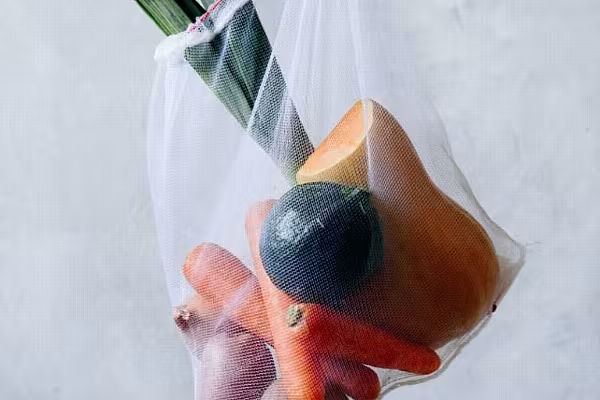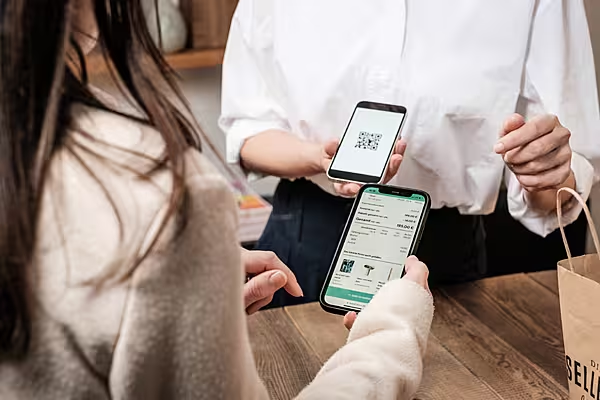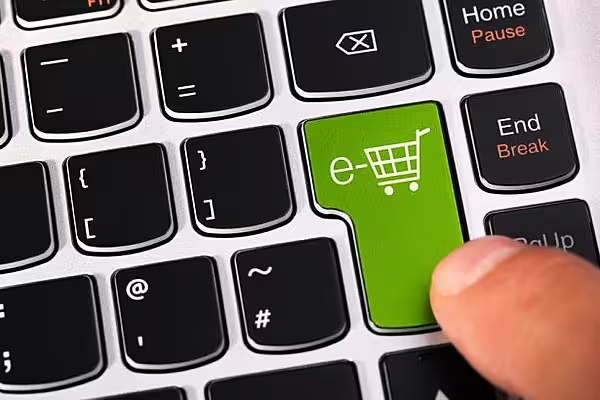WRAP, a British-based NGO, has called for a packaging ban on a selection of fruit and vegetables by 2030.
The recommendation is for a packaging ban on 21 items, to be developed via a formal consultation process across the value chain.
The charity said that selling these 21 items - which include apples, bananas, peppers, and potatoes - as unpackaged and loose, has the potential to save approximately 100,000 tonnes of edible fruit and vegetables from being wasted annually in people's homes.
Industry Stakeholders
The recommendation, which was created in consultation with industry stakeholders from across the value chain, would also save 13,000 tonnes of single use plastic film, said WRAP.
Harriet Lamb, WRAP CEO, said, "As you rush down the fruit and veg aisle, picking up the shopping, so much fresh produce comes pre-packaged – in fact only around 19% is sold loose.
"I get it, it's easier to handle, there is less store waste, simpler production lines and tidier shelves. But we’re all paying the price.
Food Waste
"Some 30% of fresh vegetables and salad we buy is thrown away – often because we’ve picked up that plastic bag of potatoes, cannot eat them all in time and they go off."
Lamb said there is an appetite among supermarkets and shoppers in the UK to cut down on food waste and unnecessary packaging, but government policy must first be put in place to allow widespread action.
"The retail industry recognise the importance of this change – but they need government policy to help make it happen," she said. "Indeed - so many companies also sell across Europe and are used to different systems. For example, 50% of fresh produce is sold loose in Europe."
The 21 items are:
Apples, aubergines, avocados, bananas, broccoli, cabbages, carrots, garlic, ginger, lemons, limes, mangos, onions, oranges, parsnips, pears, peppers, potatoes, squash, swede, and salad tomatoes.











